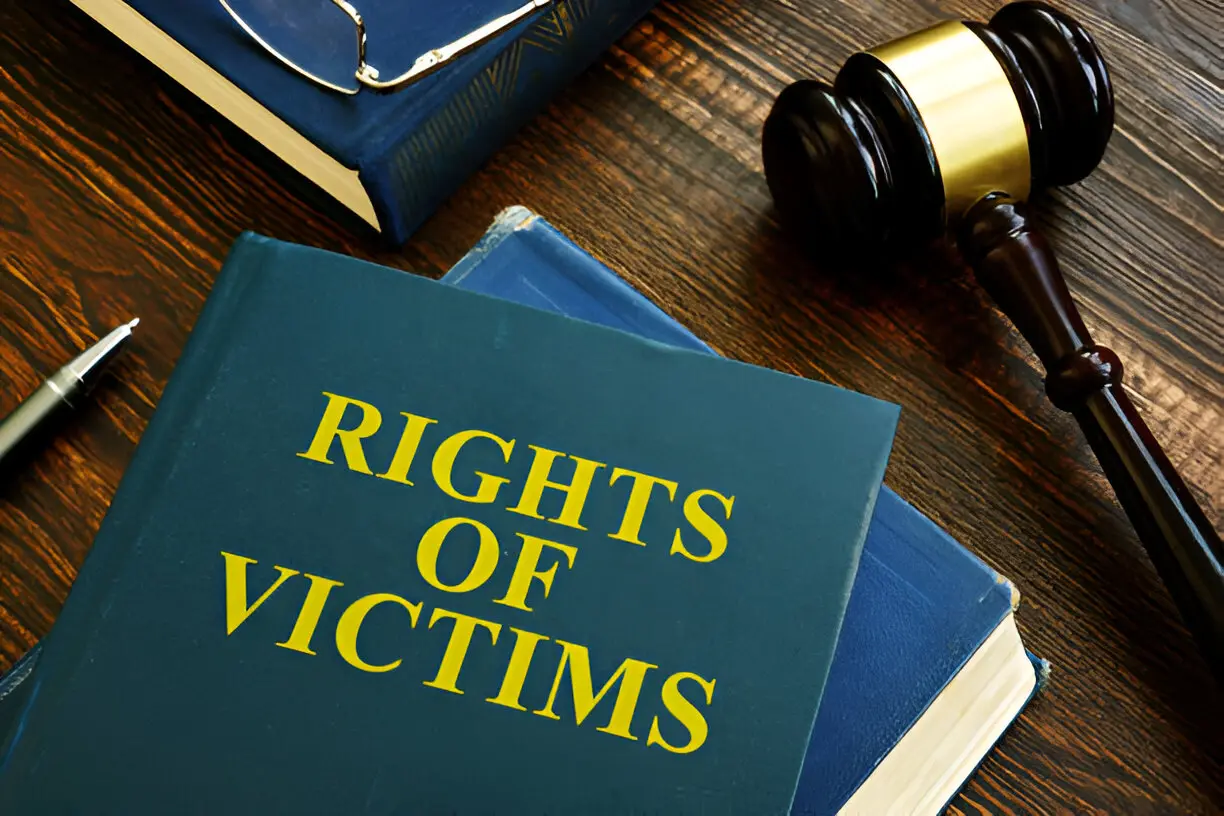Understanding Personal Injury Law
Personal injury law protects individuals who have been harmed by others’ negligence or misconduct. It provides a legal pathway for victims to seek compensation for physical, emotional, and financial damages resulting from incidents like car accidents, workplace injuries, or medical malpractice. The process involves proving liability, documenting injuries, and demonstrating how the event impacted a person’s life, often requiring legal knowledge and careful attention to detail.
Working with an Albuquerque personal injury lawyer can help clarify the legal options available and ensure that each step of the process is handled correctly. These professionals understand how to navigate complex claims, interact with insurance companies, and build strong evidence-based cases. Ultimately, the goal is to help injured individuals secure fair outcomes while holding responsible parties accountable within the bounds of the law.
Key Components of Personal Injury Claims
Securing compensation through a personal injury claim requires more than simply stating a harm occurred—it demands a meticulously structured case that establishes multiple legal elements. These pivotal components form the backbone of any personal injury lawsuit, and the outcome itself relies heavily on how convincingly they are demonstrated. Whether the injury stems from a distracted driver, a hazardous property, an unsafe product, or an act of medical negligence, plaintiffs must follow a precise legal framework to prove their claim.
- Duty of Care: At the outset, the claimant must show that the defendant was legally required to act—or refrain from acting—in a manner that would keep others safe. For instance, motorists must follow traffic rules, property owners must address hazards, and manufacturers should ensure consumer product safety.
- Breach of Duty: The next step involves demonstrating that the defendant failed to uphold their duty, acting in a way that fell below a reasonable standard of care. This often includes evidence of traffic violations, safety code breaches, carelessness, or even intent to harm through reckless acts.
- Causation: Establishing causation is critical—it is not enough to show that the defendant acted carelessly; there must be a clear, direct link between that behavior and the plaintiff’s injury. Detailed medical records, accident reconstructions, and expert witness testimony are often called upon to make that connection indisputable.
- Damages: The final element requires a complete account of the actual economic and non-economic harm experienced. Plaintiffs need to provide proof of medical expenses, lost earnings, rehabilitation costs, property damage, emotional trauma, and reduced quality of life. Substantial documentation is essential for a claim’s success, as it quantifies and validates the damages sought.
Mastery of these components underpins a claimant’s ability to secure just compensation and strengthens their negotiating position in the face of insurer resistance. Well-prepared claims fortified with credible, detailed evidence yield more favorable results, signaling to insurance companies or negligent parties that valid injuries demand full recognition. The process requires legal precision, thorough documentation, and determined advocacy.
Recent Legislative Changes Enhancing Victim Protections
Personal injury statutes are continually reviewed and reshaped to address emerging hazards, correct imbalances, and prevent exploitation or injustice during the claims process. Legislative reforms in several states have resulted in more robust protections for victims, making it harder for insurers and at-fault parties to evade financial responsibility or delay rightful compensation. These changes highlight the law’s capacity for growth, always striving to serve the needs of those most vulnerable.
Massachusetts: Progressive Protections for Victims
Massachusetts has emerged as a model for victim-centric legislative progress. In 2025, the state enforced critical enhancements to personal injury law, specifically targeting insurance company practices and claim-handling procedures. Under these reforms, any insurer that employs tactics to delay, minimize, or wrongfully deny payment now faces significant consequences, including the requirement to pay treble damages in proven cases of bad faith. This severe penalty deters unjust behavior and empowers victims who previously faced uphill battles when seeking insurance benefits. The state also relaxed its comparative negligence rules, enabling injured parties to collect compensation proportionate to the other party’s share of fault, even if the victim is partly responsible for the incident. Such updates are designed to ensure that more people can secure justice, promote honest claim resolution, and reduce the hardship injury victims face as they recover.
In the realm of personal injury law, victims of commercial vehicle accidents often face unique challenges due to the complexity of these cases. It’s crucial for victims to have access to specialized legal representation that understands the intricacies involved. A reputable law firm for commercial vehicle accidents Beverly Hills can provide the necessary expertise to navigate these complexities, ensuring that victims’ rights are protected and they receive the compensation they deserve. By focusing on the specific needs of those affected by truck accidents, such firms play a vital role in safeguarding the interests of individuals who might otherwise be overwhelmed by the legal process.
Virginia: Fighting for the Rights of Denied Policyholders
In Virginia, the protection of personal injury victims and policyholders has been significantly reinforced by the diligent work of leading law firms and updated state guidelines in 2024. With a focus on helping individuals denied fair compensation for auto accidents or other injuries, law firms offer targeted support where it’s needed most. Their efforts stress the importance of responding quickly, meticulously documenting all losses, and filing timely appeals for wrongfully denied claims. By arming victims with knowledge of their state-specific rights, timeframes, and unwavering representation, these firms ensure fewer victims slip through procedural cracks. This proactive approach not only helps individuals—from Richmond to Norfolk and Virginia Beach—achieve justice and recovery but also pressures insurers and responsible parties throughout the state to uphold their ethical and legal duties.
The Role of Legal Representation
Engaging an experienced attorney often becomes the turning point for injury victims navigating the complex world of personal injury law. Not only will a knowledgeable lawyer clarify legal terminology and explain every step of the process, but they’ll also manage the crucial—and often daunting—tasks of collecting evidence, interviewing witnesses, and challenging insurers’ efforts to diminish the value of legitimate claims. Attorneys know how to spot and intercept tactics like delayed responses, low settlement offers, or refusal to negotiate, instead pushing for what their clients rightfully deserve.
If negotiations are unlikely to yield a fair result, legal professionals are well-prepared to advance a claim through the courts. Their in-depth understanding of case law, procedural nuances, and recent legislative shifts gives victims a fighting chance to secure compensation via verdict or settlement. Notably, personal injury lawyers tailor their approach to reflect changes in state statutes and precedents, ensuring clients benefit from cutting-edge protection and advocacy.
Individuals are encouraged to contact a firm familiar with their locale and the unique characteristics of their state’s personal injury statutes. Taking this step early allows for thorough investigation, preservation of crucial evidence, and prompt initiation of claims—all of which are instrumental in achieving the best possible outcomes during turbulent times.
Also Read-175 True Thank You for Sister-in-Law: Messages & Quotes








